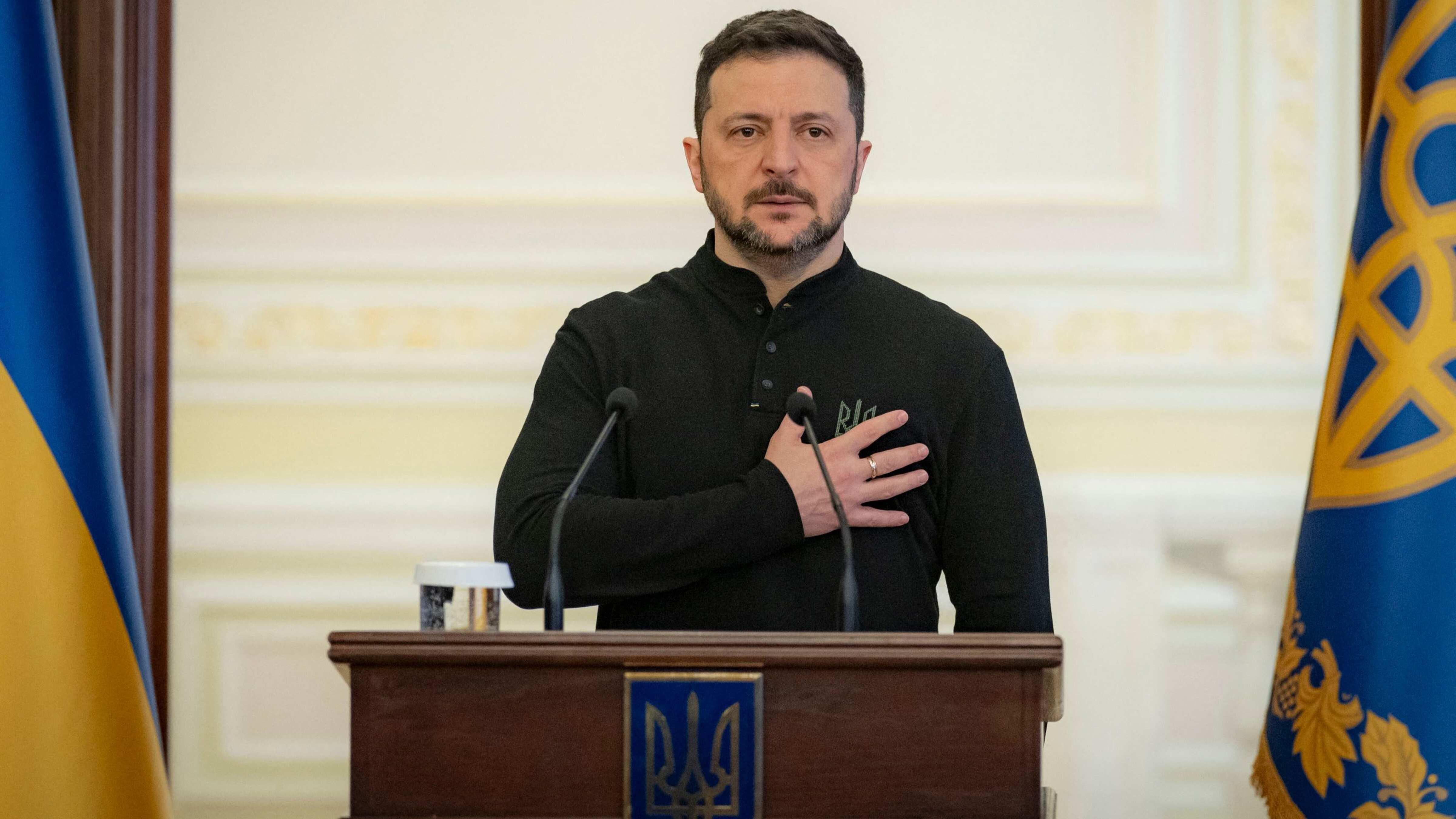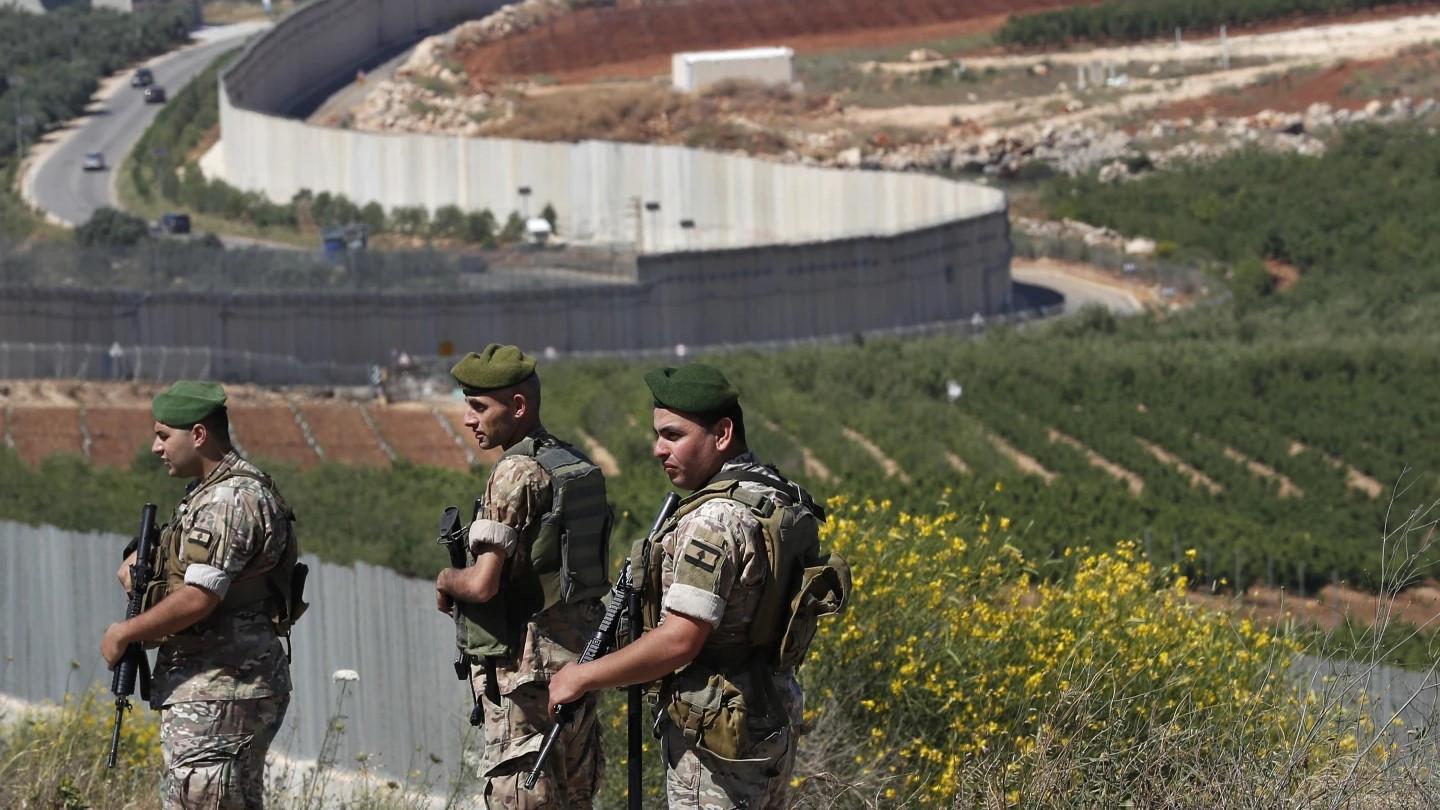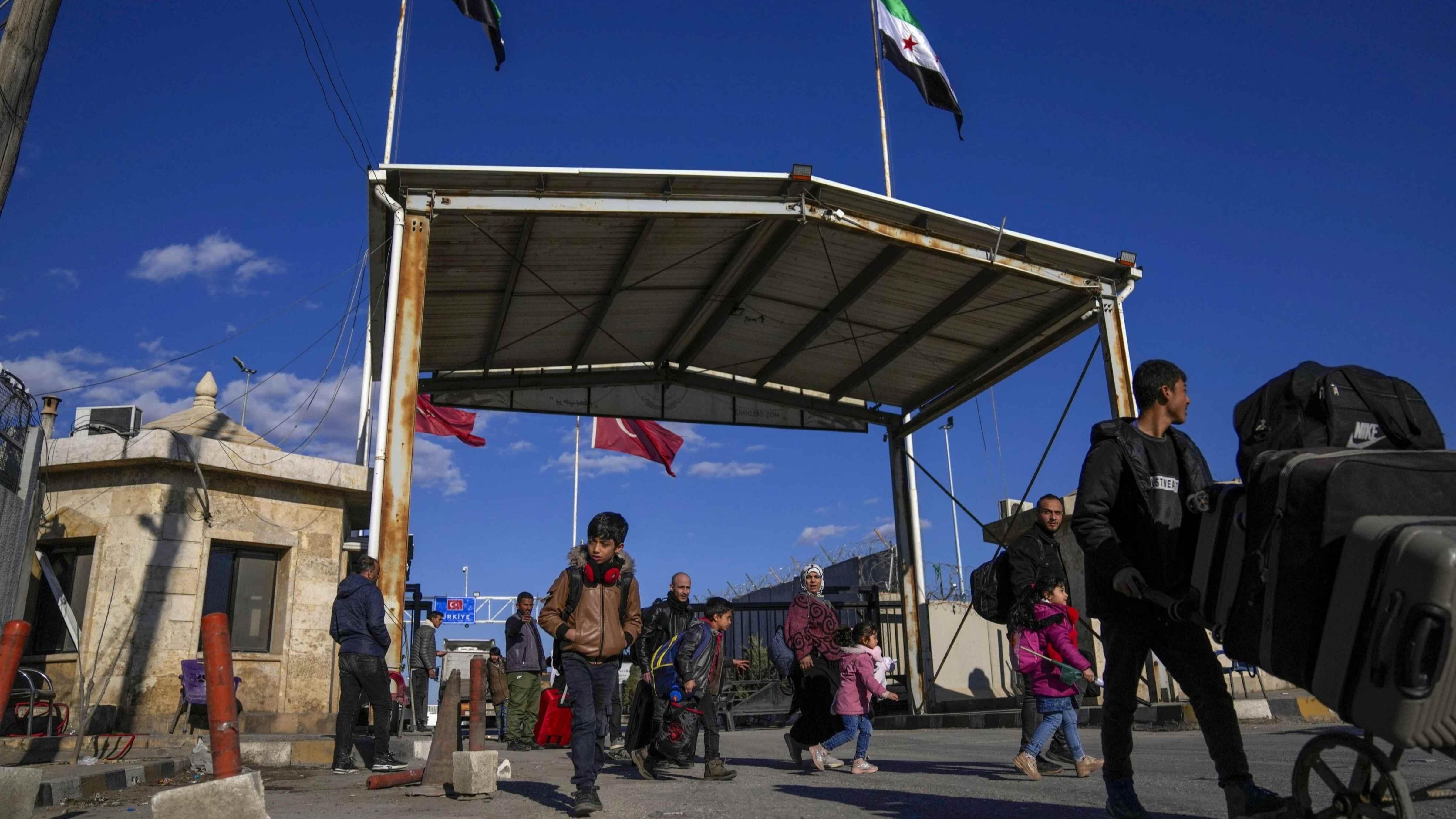Turkey has no payments, FX problems: Senior adviser
ISTANBUL / MADRID

Turkey has adequate foreign exchange reserves to keep its financials healthy despite temporary volatility in the value of Turkish Lira and stocks after the Central Bank chief was replaced at the weekend, one of the senior presidential advisers said on March 23.
“Turkey has no problems in the balance of payments. Last year, the need of $95 billion was met easily ... Now [the foreign exchange] reserves are at $220 billion, not including money in households, mattress savings and deposits kept abroad,” said Yiğit Bulut, a member of the Turkish Presidency Economic Policies Board.
He told Turkish broadcaster CNN Türk that individual investors sold U.S. dollars worth $5.1 and resident corporations sold $2.3 billion in profit-taking moves on March 22, when the lira plummeted nearly 8 percent to around 7.90 against the greenback.
“Turkey has no FX problems. They say that companies urgently need $180 billion. So, why did they sell their dollars? Because they think that they can buy back for a cheaper price,” he said.
Giving information about his discussion with Şahap Kavcıoğlu, who was appointed as Central Bank’s governor on March 20, Bulut assured that there would not be an extraordinary move to cut interest rates.
However, he stated that recent rate hikes, which put the key rate at 19 percent, should be reversed.
“As the key interest rate goes up, the inflation rate goes up too. The inflation rate will slip as interest rates decrease. It is normal that the inflation rate stays high in an environment in which the interest rate is around 20 percent,” he said.
Bulut praised an economic model in which both the inflation and interest rates drop to single digits, and the abundance of money supports exports and economic growth.
He also denied claims of the opposition parties that the Central Bank sold $128 billion foreign exchange reserves in a bid to curb the depreciation of the lira.
“They are lying... Our gross reserves once exceeded $135 billion, but we never had salable reserves as much as $128 billion,” Bulut said.
Kavcıoğlu, a former member of the parliament, was deputy general manager at state lender Halkbank as part of a more than 25-year career in banking.
In his first comments as governor on March 21, he said: “The decline in inflation will foster macroeconomic stability through the fall in country risk premiums and a permanent improvement in financing costs, and will contribute to the development of conditions essential to enhance investment, production, exports and employment.”
Quoting President Recep Tayyip Erdoğan’s statement that “we should not drift away from market conditions,” Bulut said that a decision on interest rates would be given at the Central Bank’s Monetary Policy Committee Meeting on April 15.
Meanwhile, the lira recovered nearly 1 percent yesterday, floating between 7.69 and 7.89 against the U.S. dollar.
Bulut also called the stock sell-off a temporary speculative attack.
Turkey’s benchmark stock index fell 9.79 percent to close March 22 at 1,379.25 points. Borsa Istanbul’s BIST 100 index posted a daily trading volume of 16.7 billion liras ($2.12 billion).
The highest trading volumes were posted by private lender Garanti BBVA, automaker Ford Otosan and iron producer Ereğli Demir Çelik.
BIST 100 index opened at 1,304.89 points on March 23, 5.39 percent down from the previous close.
















